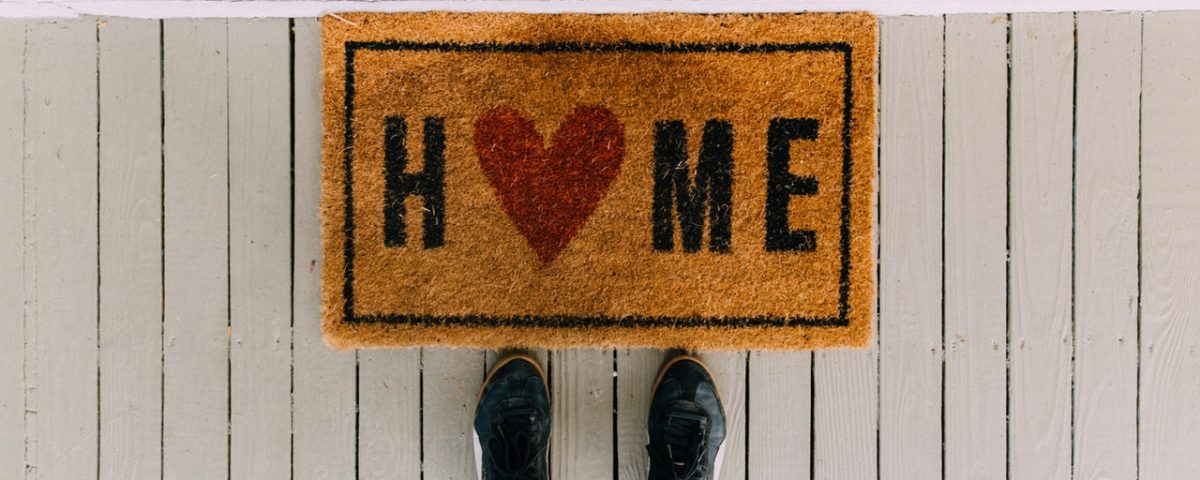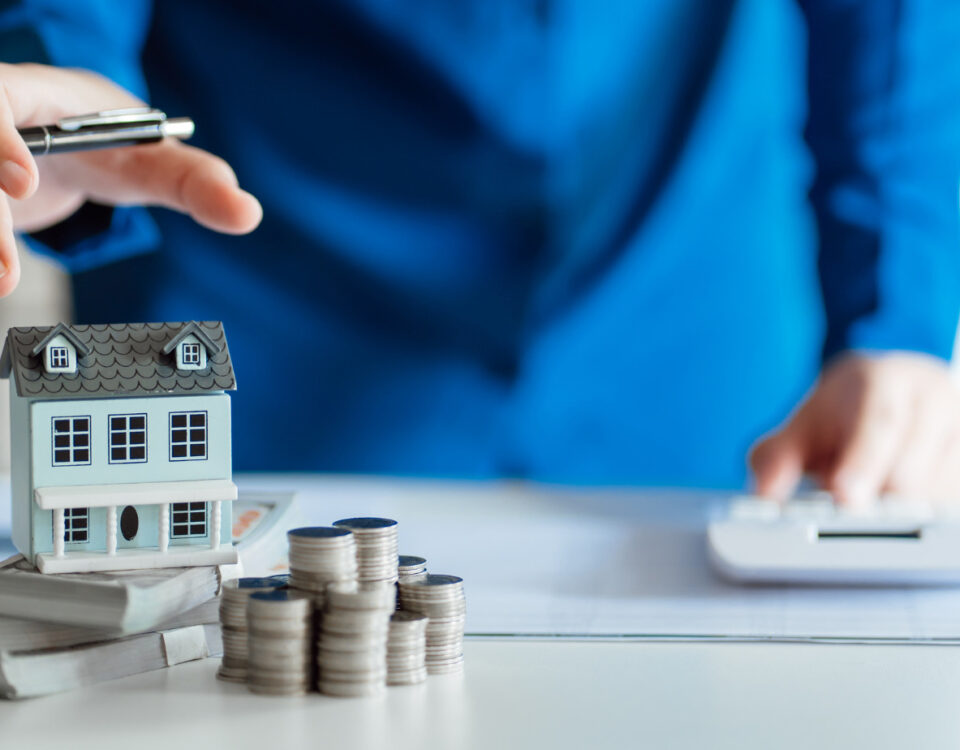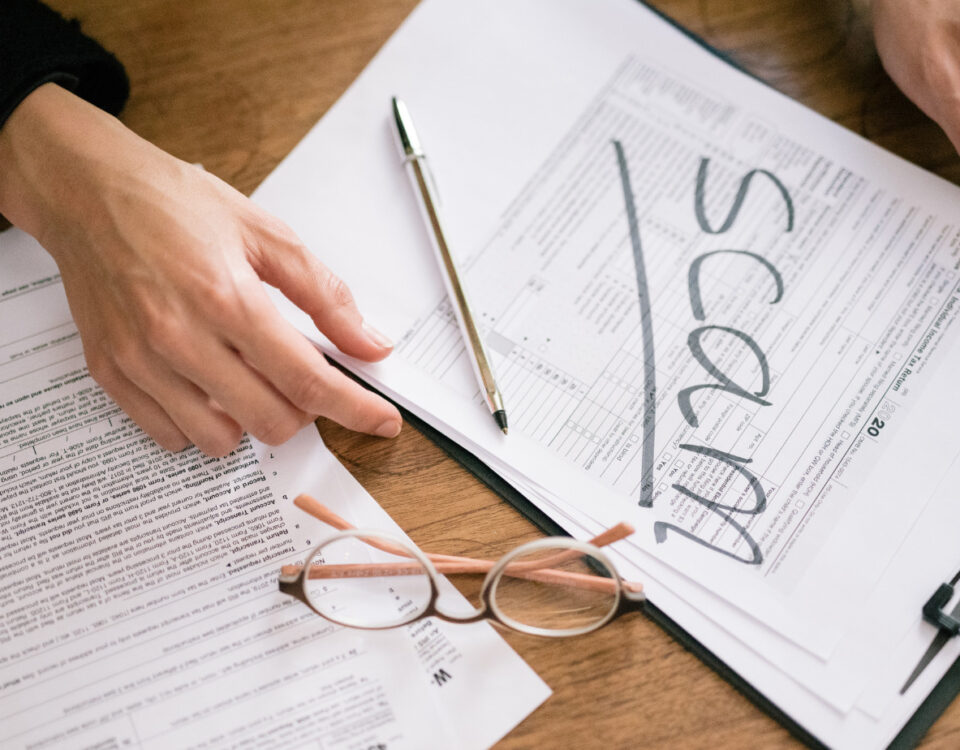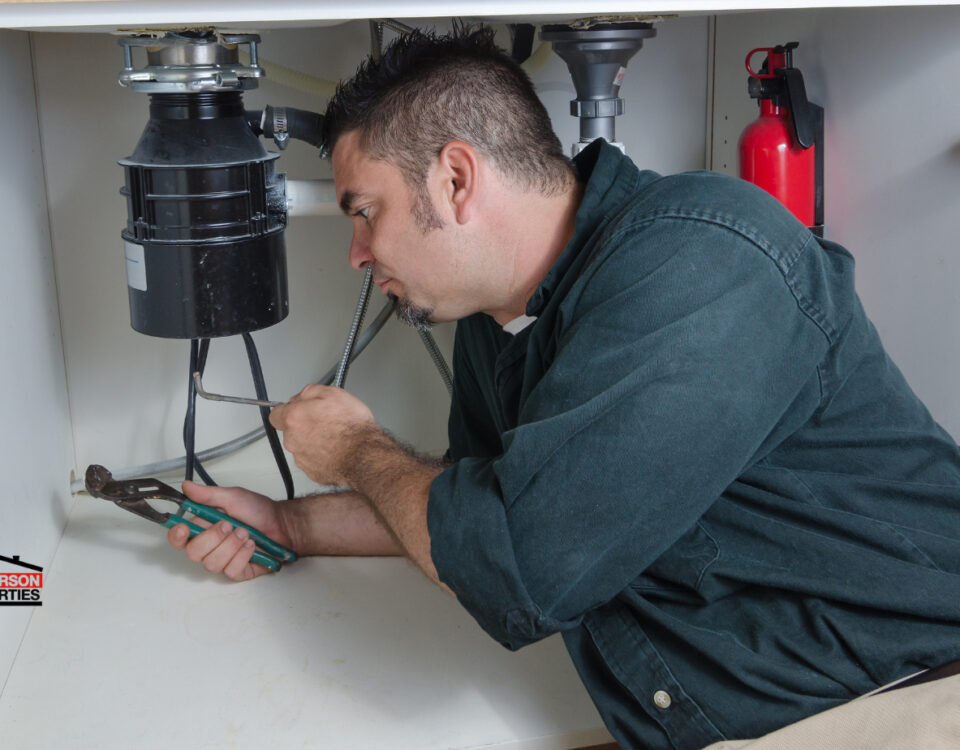- Walk-in Traffic is by Appointment Only - More Details
5 Signs You’re Ready to Purchase a Home

8 Spring Cleaning Tips for Your Rental Property
March 1, 2020
How to Deep Clean Your House
March 27, 2020The decision to buy a house is never a small one. Whether it’s your first house or your 10th, you have many factors to weigh before you make the move. For those considering a first-time home purchase, the decisions carry a bit more weight. How can you know that you’re ready to make the move? Some specific considerations will help you decide if it’s time to buy your home, or if you should wait.
Look at Your Debt Situation
First, look at your finances. Are you in a good financial position, with low debt? What constitutes a high debt level? How much debt is too much? This depends on your income.
Lenders will look at a figure called your debt-to-income ratio. The Federal Housing Administration (FHA) requires borrowers to have a debt-to-income ratio of 43% or lower. The total you pay each month for your debts should be no more than 43% of your income. Of course, lower numbers are always better, but this is considered the bare minimum.
If you have a big debt problem, it shows that you’re not living within your means. Buying a home will only make the problem worse because homes are expensive. Instead, focus on paying down that debt and building up your credit rating.
Look at Your Savings
Next, look at your savings. You will need money for a down payment and the costs of your move, and that money is often substantial.
Conventional wisdom says to save 20% of the value of your home. While this is helpful if you can, you can find loan options with less money down, including some with less than 3.5 percent. Some buyers will even qualify for a no-money-down loan, such as the VA home loan program.
Even if you don’t need much for your down payment, you will want to have a bit extra in savings. Closing costs, moving costs, and repairs or upgrades are all necessary expenses when you buy your first home, and these add up quickly.
Look at the Monthly Payment
If you have a good handle on your debt and have some money in the bank, the next step is to consider your monthly costs for homeownership. These monthly costs should include your mortgage repayment cost as well as the cost of your property taxes and homeowner’s insurance. Most mortgage providers require borrowers to pay these through escrow, which means paying a small amount of these annual costs each month.
In addition, plan for higher utility costs. If you’re currently renting an apartment, the cost to heat, cool, and provide water for a house is likely to be higher. Even if you’re renting a home, your rent may include some utilities, which will become your responsibility as a homeowner.
How much can you afford? Truthfully, you are the only person who can determine this, but most financial experts recommend your housing costs take up no more than 25 percent of your monthly budget.
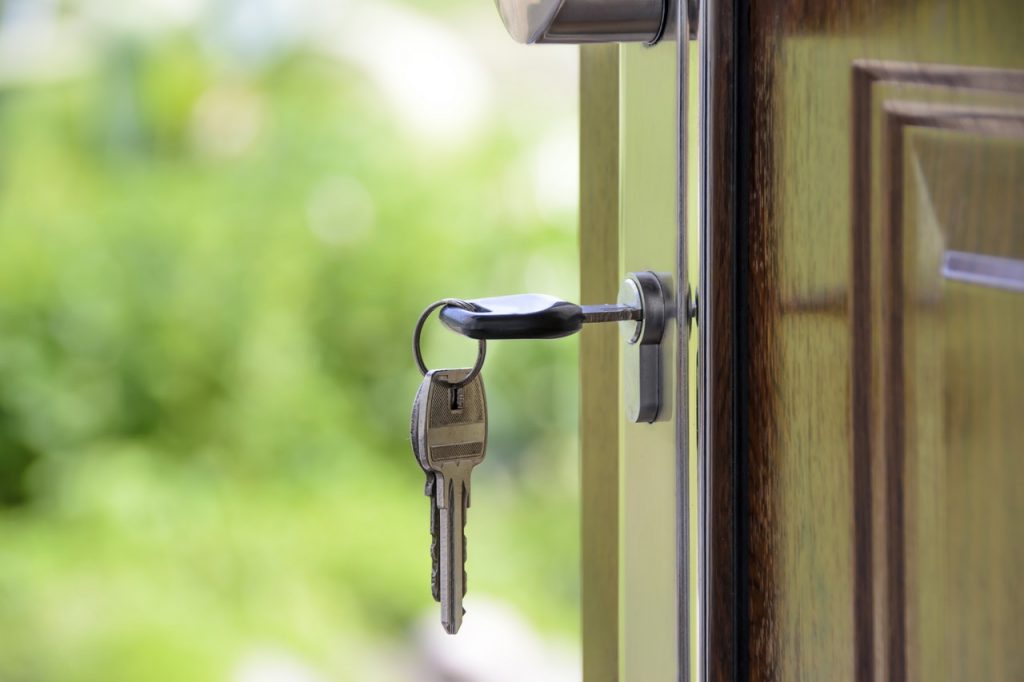
Look at the Housing and Mortgage Markets
Though less important than your own personal finances, the state of the housing and mortgage markets significantly impacts your buying decision. If mortgage rates are low and property values are high, you will put yourself in a good financial position if you buy a home. If mortgage rates are high and property values are low, you may be better off waiting.
Look at Your Plans
Finally, look at your plans. Do you intend to stay in your area for a while? Do you have time to let the equity on your house grow? If you anticipate the need to move soon after buying a house, you may be in a better position if you continue renting. In the first few years that you are in a mortgage agreement, the majority of your payment goes towards interest, not principal. If you’re planning to stay in the area for a while, then investing in real estate may work well for your financial needs.
In general, you should plan to stay in the home for around a decade to get financial benefits from the purchase. Of course, life throws unexpected events at people all the time, but considering your plans is always wise when making this decision.
Buying a home is a big financial move and a long-term financial commitment. Take the time to make sure you’re ready before jumping in. the rewards are worth the commitment, but you do need to consider whether it is the right time for your personal financial goals.

